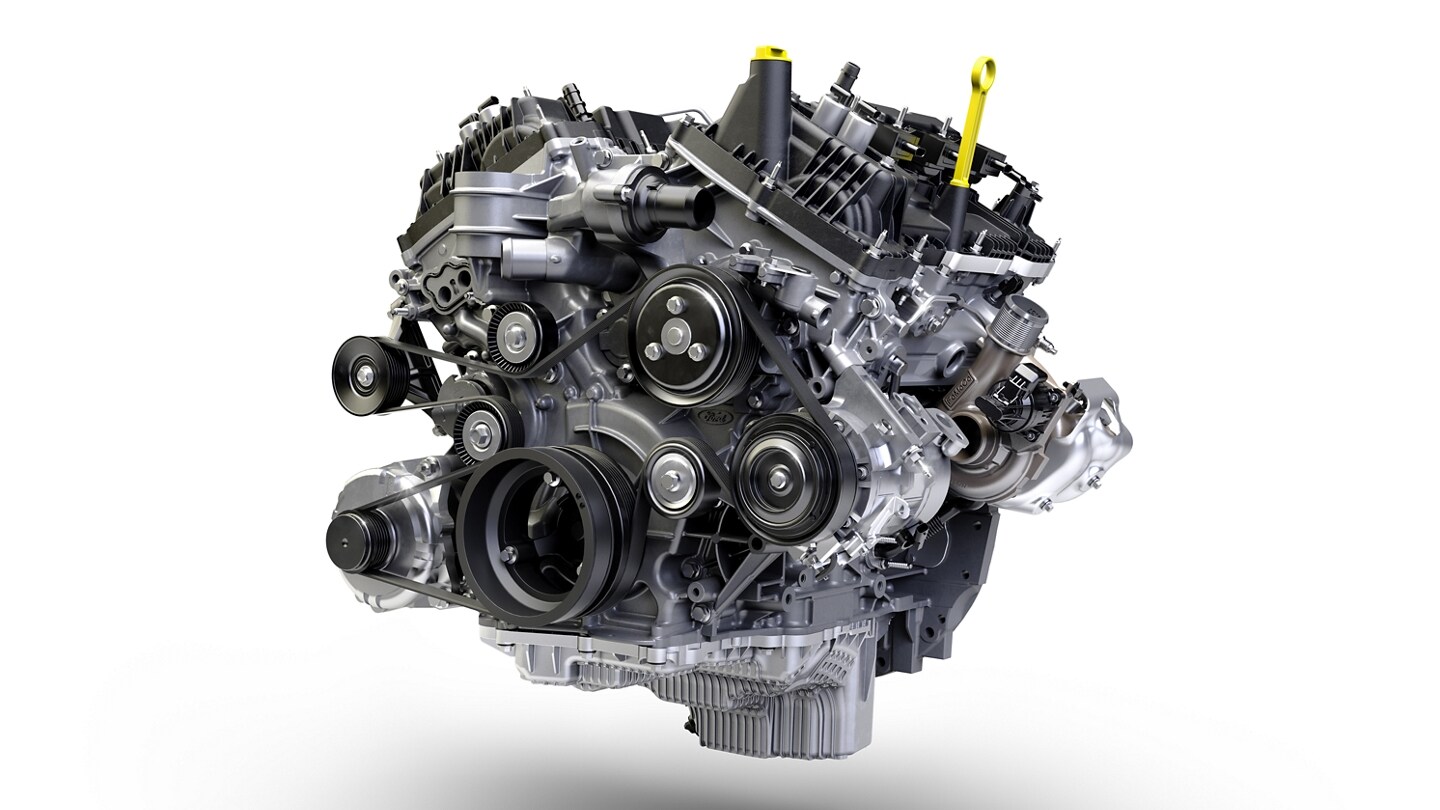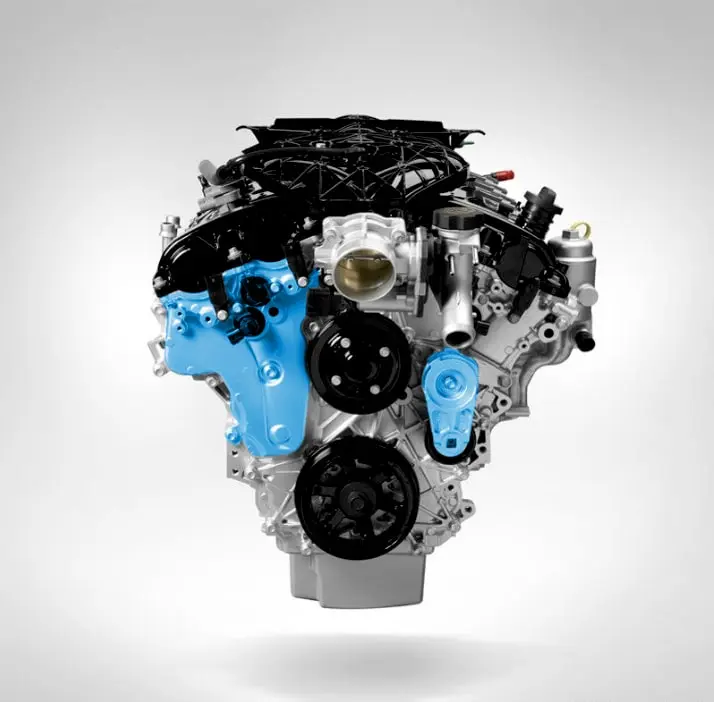Exactly How to Choose the Right Automobile Engine for Maximum Efficiency and Effectiveness
Choosing the proper vehicle engine to accomplish an ideal equilibrium of performance and performance demands a nuanced understanding of different engine kinds and their specific characteristics (2.2 ford ranger engine). Aspects such as engine variation, the number of cyndrical tubes, and gas type play an essential duty in identifying both power result and gas economy.
Comprehending Engine Kind
When selecting a car, among one of the most important parts to consider is the engine type, which works as the heart of the vehicle. The engine kind considerably affects the vehicle's total performance, durability, and viability for your driving needs. There are mostly 3 engine types to take into consideration: interior combustion engines (ICE), hybrid engines, and electric engines.
Inner combustion engines stay the most common, operating on gasoline or diesel. They are known for their power and acceleration, making them ideal for performance-oriented vehicles. However, they may fall short in fuel effectiveness and ecological influence.
Hybrid engines integrate an interior burning engine with an electrical motor, using a balance between efficiency and fuel economy. They are progressively prominent for drivers looking for reduced discharges while still providing sufficient power.
Electric engines, powered totally by batteries, are acquiring grip as a result of their environmental benefits and reduced running expenses. They supply immediate torque and a quiet driving experience, making them perfect for city travelling.

Efficiency vs. Performance
Picking the right engine type involves considering the compromises between efficiency and efficiency. Performance usually refers to just how well an engine can deliver power and velocity, which is usually related to bigger displacement engines or those with turbocharging capacities. These engines normally provide thrilling driving experiences and quick feedback times, making them prominent amongst enthusiasts.
On the various other hand, efficiency focuses on gas economy and reduced exhausts. Smaller engines, specifically those furnished with advanced modern technologies such as direct fuel shot and variable shutoff timing, often tend to provide better miles per gallon and lowered carbon impacts. While these engines might sacrifice some power contrasted to their larger equivalents, they often master daily driving scenarios where high performance is not constantly needed.
Eventually, the choice between performance and effectiveness hinges on individual concerns. A motorist that values perky driving could focus on a high-performance engine, while a person looking for cost-effective commuting may favor an effective choice. Comprehending these compromises is critical for making an informed decision that aligns with your driving needs and lifestyle, guaranteeing that the chosen engine type enhances your assumptions for both efficiency and effectiveness.
Secret Specifications to Consider
Understanding key specifications is important for making an informed decision regarding the appropriate car engine. When selecting an engine, numerous crucial variables warrant consideration to guarantee ideal efficiency and performance.
Firstly, engine displacement, determined in litres or cubic centimeters, is an important spec. It indicates the complete quantity of the engine's cyndrical tubes and usually associates with power result; bigger displacements typically yield even more power. Next off, the number of cylinders plays a considerable role in efficiency attributes. Engines with more cyndrical tubes can supply smoother operation and higher power, while smaller arrangements can improve gas effectiveness.
Furthermore, the engine's configuration, whether inline, V-type, or rotary, affects the overall layout and efficiency attributes of the vehicle - 2.2 ford ranger engine. Turbocharging and turbo charging technologies must likewise be assessed; these increase an engine's power result without considerably raising its size, thus boosting performance
Fuel type is an additional vital factor to consider, as it impacts both performance and expenses. Lastly, the engine's compression proportion affects efficiency and power delivery; a higher proportion generally brings about much better effectiveness, but might need premium gas. By very carefully analyzing these specifications, you can choose an engine that lines up with your performance and efficiency goals.
Assessing Driving Needs
Examining driving requirements is an essential step in figuring out the ideal car engine for your lifestyle and use patterns. Begin by analyzing your day-to-day driving routines, including the frequency and period of journeys. A smaller sized engine with good gas efficiency might be enough if your driving primarily is composed of short commutes in city settings. Conversely, if you often undertake long-distance journeys or require towing capabilities, a more powerful engine may be essential.
Think about the terrain you commonly navigate. Hilly or tough landscapes might demand an engine with greater torque for much better efficiency. Furthermore, review traveler and cargo demands; larger family members or those who transfer items may benefit from automobiles with enhanced power and ability.
Diesel engines usually link supply remarkable torque and fuel economic climate for larger vehicles, while fuel engines might give a smoother and quieter ride. Factor in environmental considerations, as crossbreed or electrical engines can give a much more sustainable option without sacrificing performance.
Future Fads in Engine Modern Technology
As the auto market proceeds to develop, advancements in engine innovation are leading the means for more efficient and lasting driving experiences. One considerable trend is the change toward electrification, with hybrid and totally electric powertrains gaining prestige. Car manufacturers are investing heavily in battery technology to boost power density and minimize charging times, ultimately boosting the functionality of electric lorries (EVs)
One more emerging fad is the advancement of hydrogen fuel cell engines. 2.2 ford ranger engine. These systems supply the capacity for zero-emission driving while offering refueling times comparable to traditional gas engines. Additionally, advancements in burning innovation, such as variable compression proportions and enhanced turbocharging, are optimizing traditional inner combustion engines for far better performance and performance
Digital integration is additionally a crucial aspect of future engine innovation. The execution of fabricated intelligence and maker understanding enables for real-time information analysis, allowing smarter engine management systems that adjust to driving conditions and improve fuel performance.

Final Thought
In conclusion, selecting the proper automobile engine demands a comprehensive assessment of different variables, consisting of engine type, performance demands, and effectiveness objectives. i thought about this By understanding the distinctions between different engine kinds and taking into consideration essential requirements, individuals can basics align their selections with specific driving needs. As improvements in engine innovation continue to arise, continuing to be notified about future fads will even more boost decision-making, eventually bring about an automobile that stabilizes performance and fuel effectiveness properly.
Selecting the suitable cars and truck engine to attain an optimal balance of performance and effectiveness demands a nuanced understanding of numerous engine types and their particular features. There are largely 3 engine kinds to take into consideration: interior burning engines (ICE), hybrid engines, and electric engines.
Performance typically refers to just how well an engine can supply power and acceleration, which is frequently associated with bigger variation engines or those with turbocharging abilities. Diesel engines frequently offer superior torque and gas economic situation for much heavier cars, while gasoline engines might supply a smoother and quieter ride.In conclusion, picking the proper cars and truck engine requires a comprehensive evaluation of numerous elements, consisting of engine kind, performance needs, and effectiveness goals.